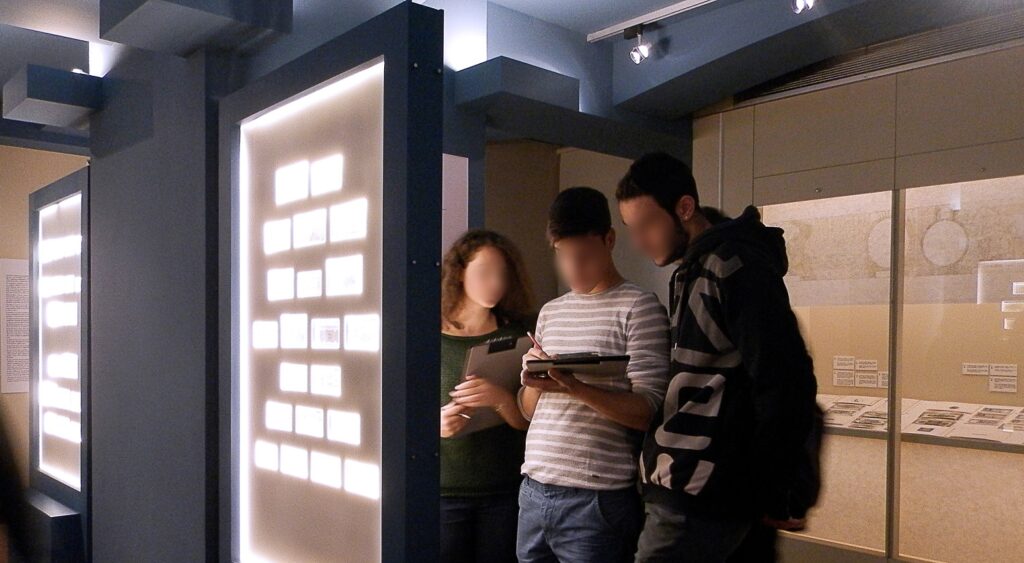
The Historical Archive of the National Bank of Greece first began to organize daily systematical educational programmes for the academic year 2005-2006. Since then, the programmes have increased as did the number of students participants. Initially for students of secondary education, now they feature all students, even those from kindergarden. The programmes are continually enriched with new activities and are always complemented with educational material.
Students have the opportunity to learn about a significant aspect of Greece’s modern history, while they also receive information through the organization and uses of archival material. Learning about the science of archiving and about history contributes to an understanding of their importance in the preservation of collective memory.
Educational programmes take place from Monday to Friday 09:00 – 14:00.
Participation is free of charge, by appointment at 210 8807799 (Ms Μ. Lempesis).
Fοr Primary School special educational programmes have been designed to promote children’s awareness of history, mythology, aesthetics and the concept of preservation of memory through the archives and the collections in the preeminent financial organization of the country (learning about old documents from the 19th and 20th centuries, old photographs, old office equipment etc.)
Based on the curricula of High School and Lyceum an educational visit to the Historical Archive of the National Bank could also complement the teaching of History, Economics, Technology, Informatics and Vocational Guidance (for the professions of the archivist, librarian, photographer, conservationist, administrative officer) as well as inspire research projects.
The educational programmes of the Historical Archive of the National Bank are based on the concept that informal learning can combine knowledge with play and the arts.
During their visit to the Archive, educators have a choice of the following:
Α) Educational programme History of the Greek banknotes. A course, 1822-2001
The aim of this programme is to familiarize students with the numismatic museum of a bank and to establish their dynamic communication with the historical, social and cultural environment of their country, so that they may learn and understand the interrelated nature of economic and social history.
Banknotes are contractual trading instruments and a valuable source of information about the past. The aim of this programme is to get students interested in these pieces of paper, appreciate the value of this archival source and be able to comprehend and process their information through analytical interpretation.
Β) Educational programme Archives, sources of knowledge, sources of memory
The programme aims to a) familiarize students with the concept of the archive and the importance of the archival primary sources in the search for knowledge, the documentation of history and the preservation of collective memory, and b) to present them a significant part of the modern history of Greece.
Throughout the educational programme, children learn about the concept and the site of the archive and the archival classification “tree”, various original documentation (documents, architectural plans, maps, photographs, office equipment), the value of archival primary sources in the search for knowledge and the documentation of historical events. They also learn to “read” the documentation, to interpret information that can be drawn through them and to process and control them through analytical interpretation, also acquiring the ability to form their own historical thought.
Γ) Educational programme for Vocational Guidance
The programme focuses on the presentation of various professions in the Archive (archivist, librarian, photographer, conservationist, administrative officer, proofreader and copy editor, museum educator).
The goal is for students to learn about the professions in an archive, which they not know anything about, and to have a comprehensive view of the studies and skills required for these professions, to learn about conditions in the workplace (demand for certain professions in the market, workplaces, cooperation with other professions, particular features, income, promotion possibilities, pros and cons of the job).
All of the above programmes are implemented with a variety of educational activities and play, adapted to the age and school level of participants.
New programmes for small groups
For groups of up to 15 students, there are new programmes with educational activities of interest about the journey of the search for primary sources of information.
Indicative programmes:
“Looking for missing Mrs Mitrogiannis through archival documentation”.
“Stories from the life of a stranger. Seek the truth, change the myth”.
“The rights of young visitors to the Museum and the Archive. The right of access to information through documentation and archival material”.
“Young Archivists in action”.

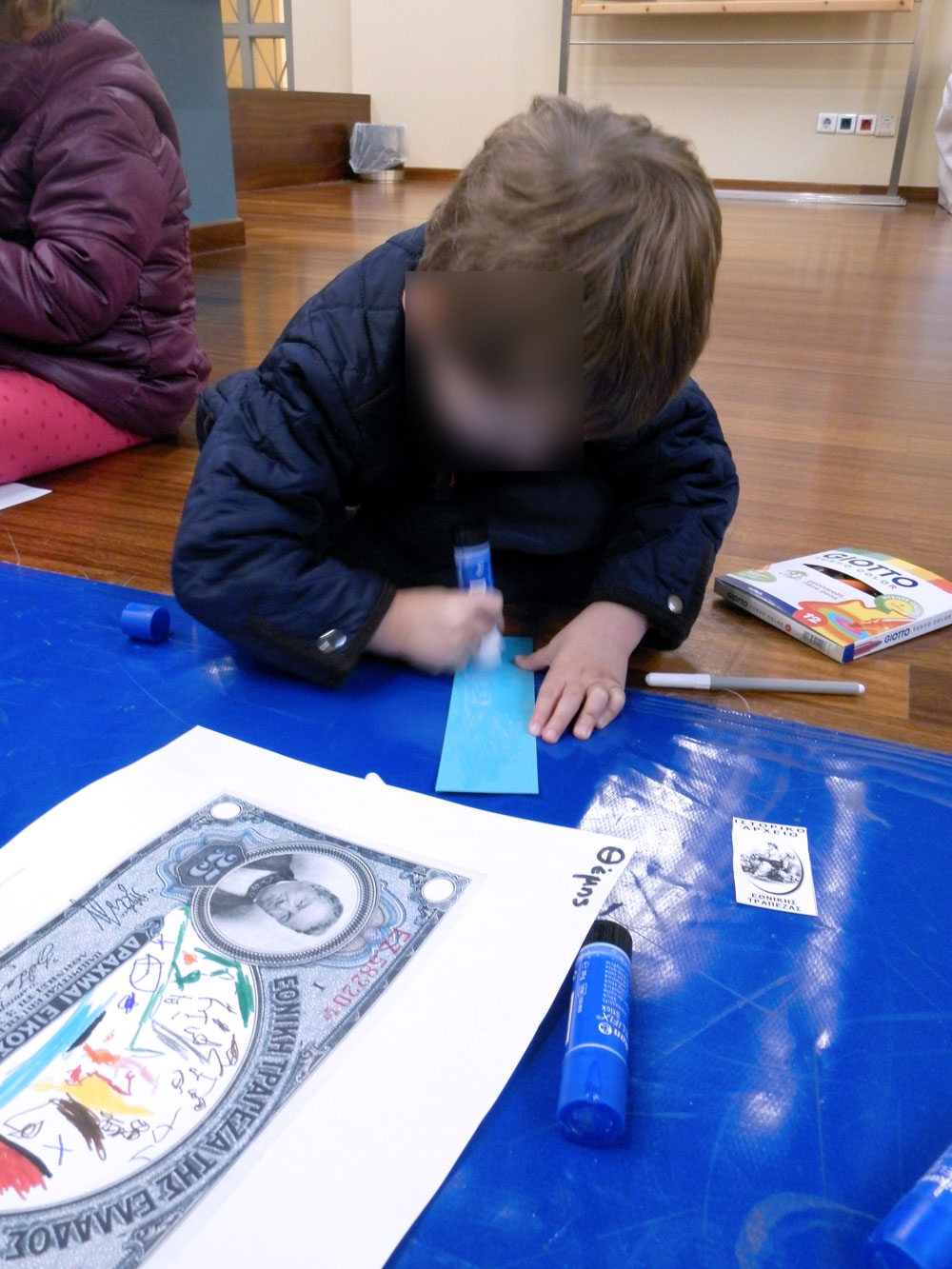
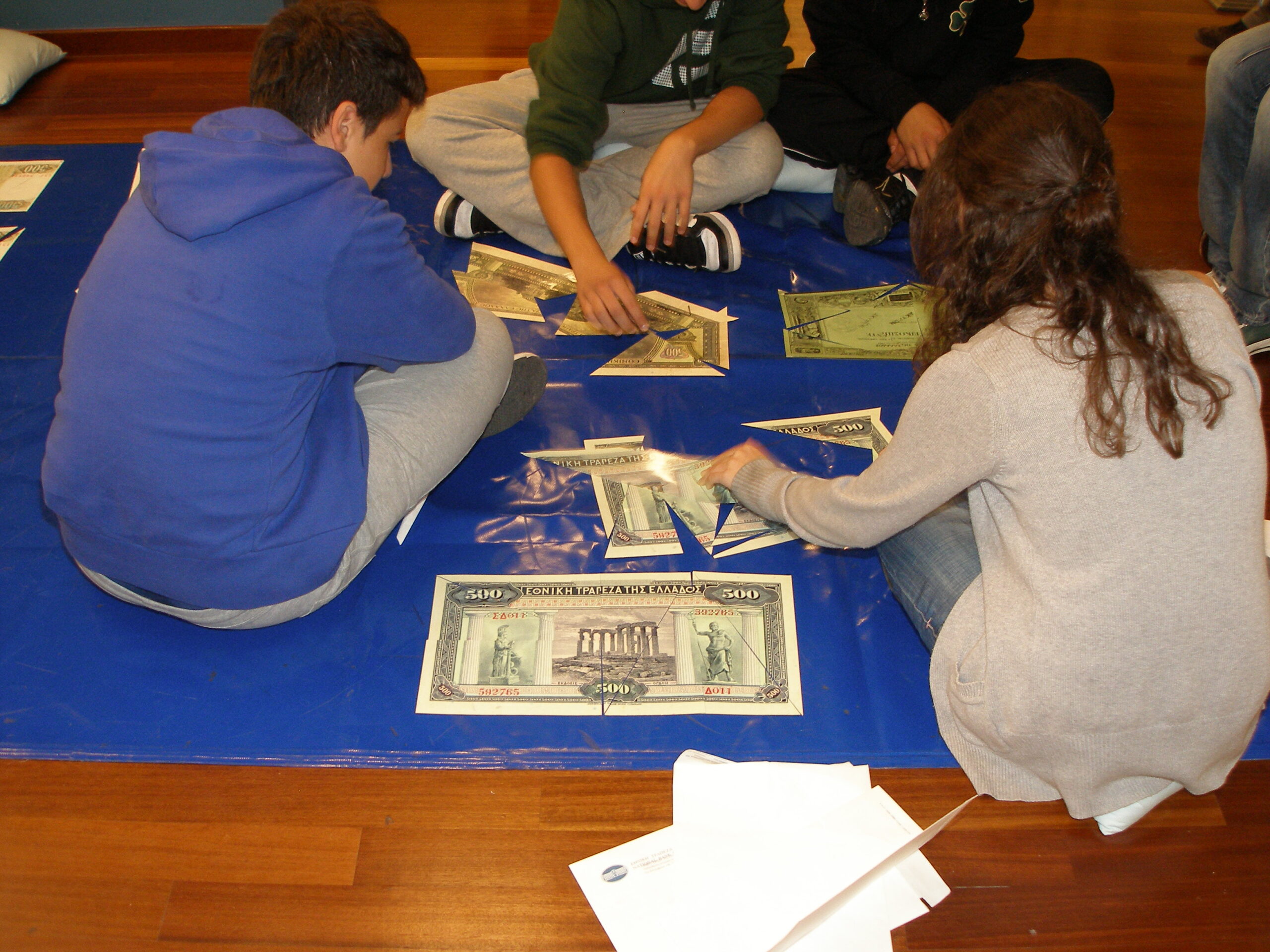
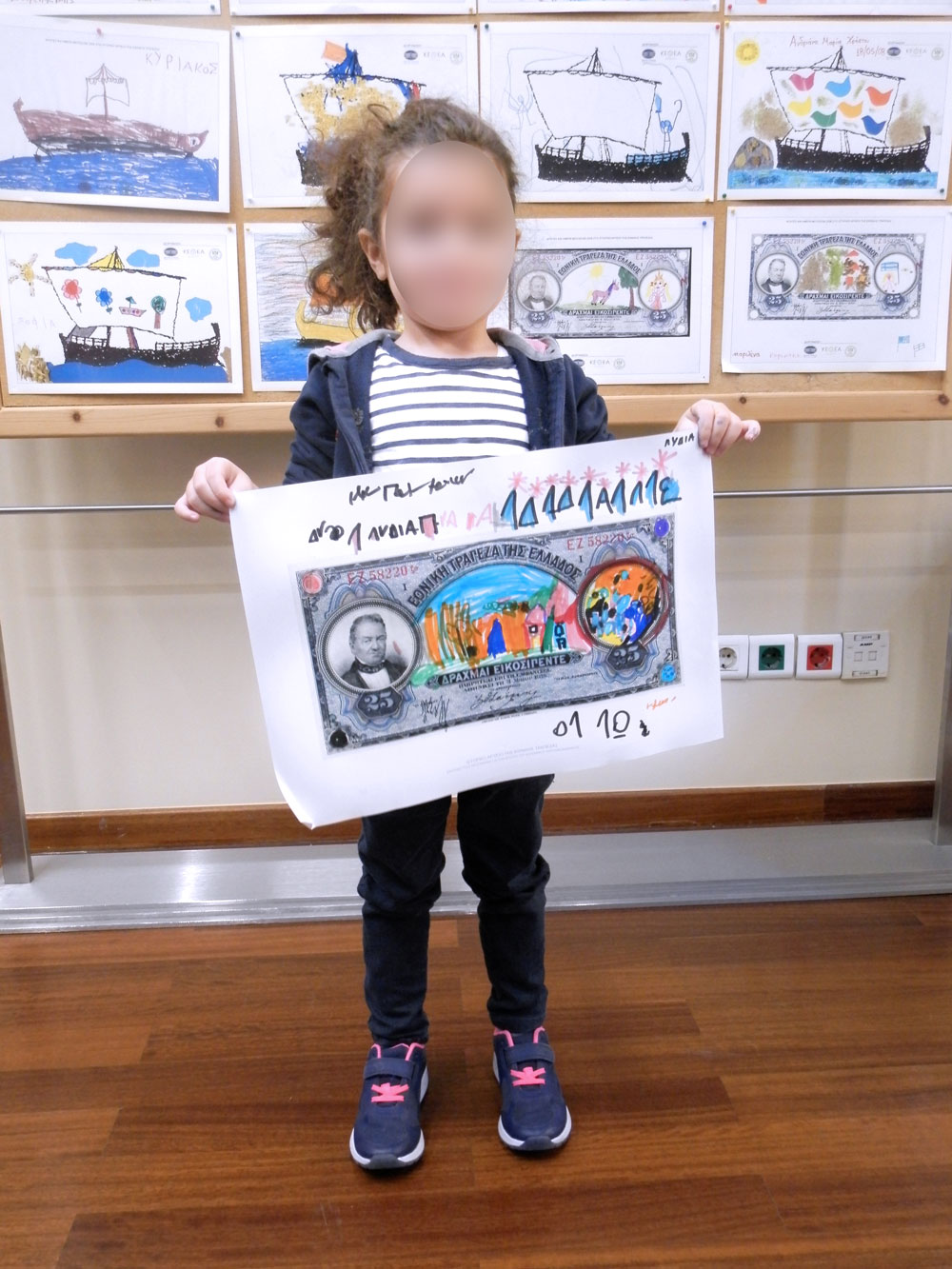

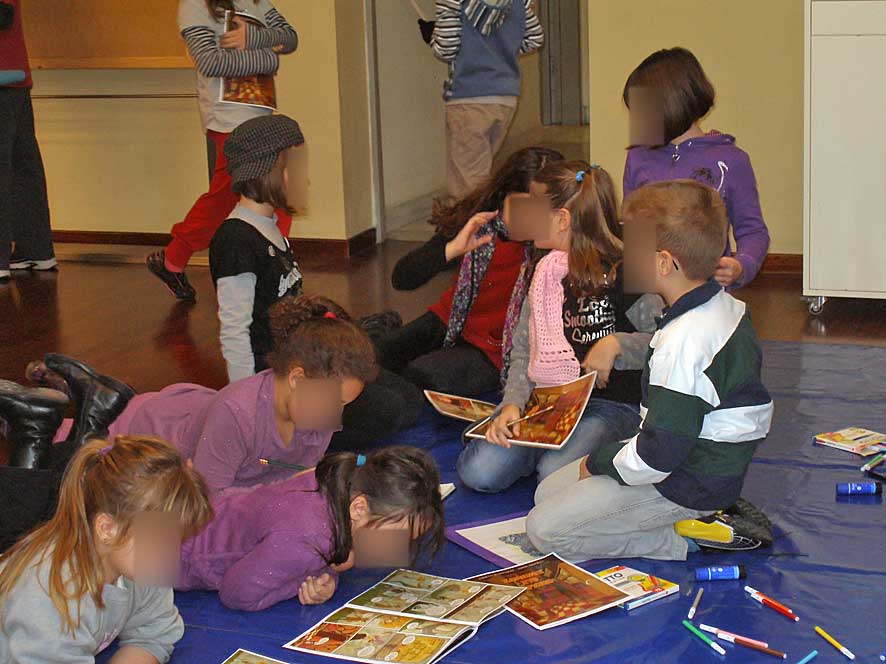
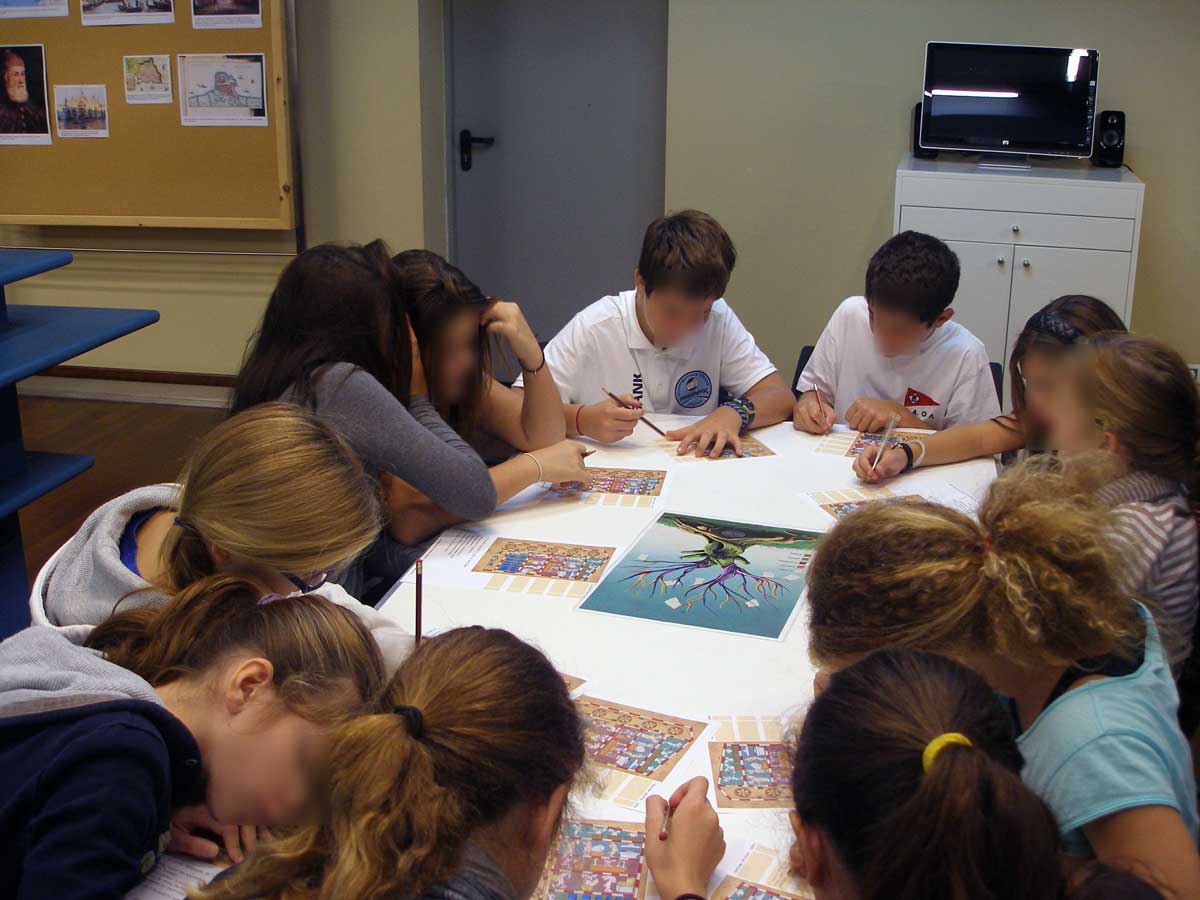

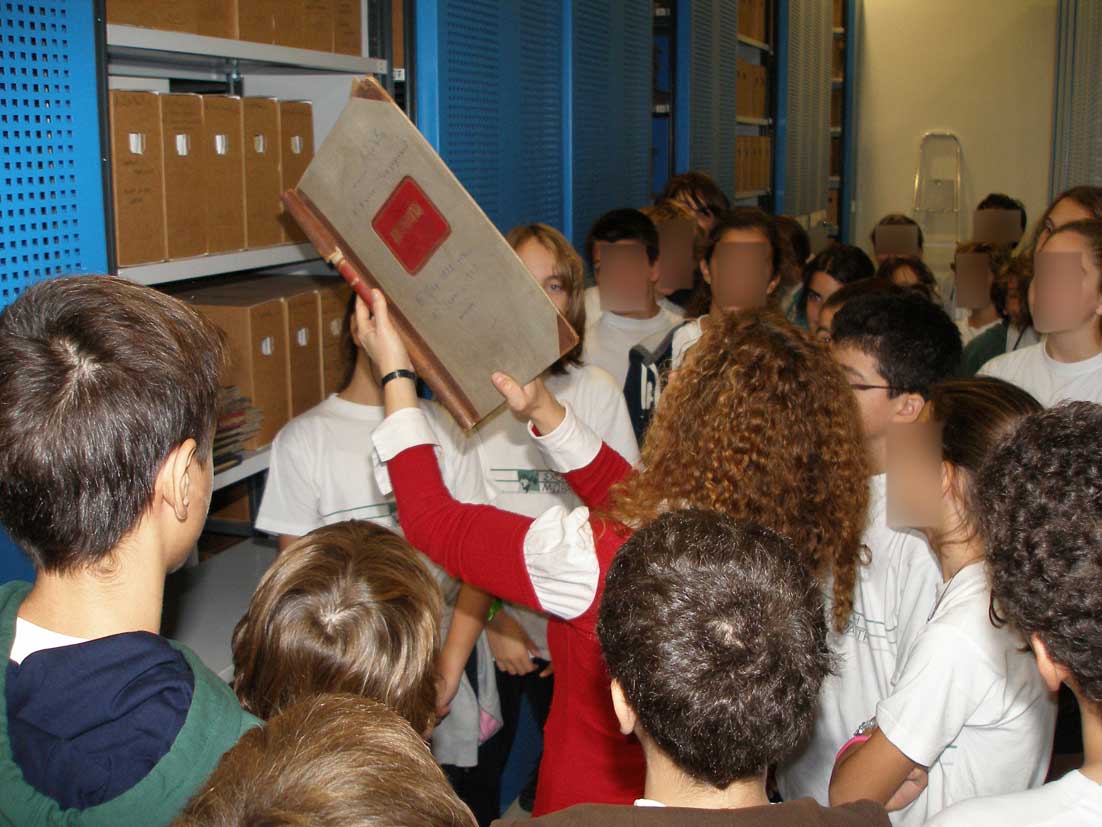
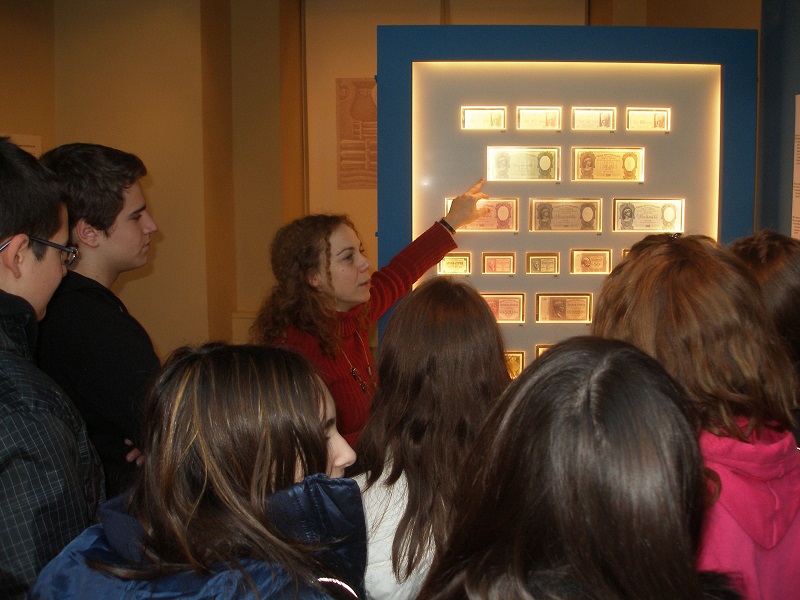
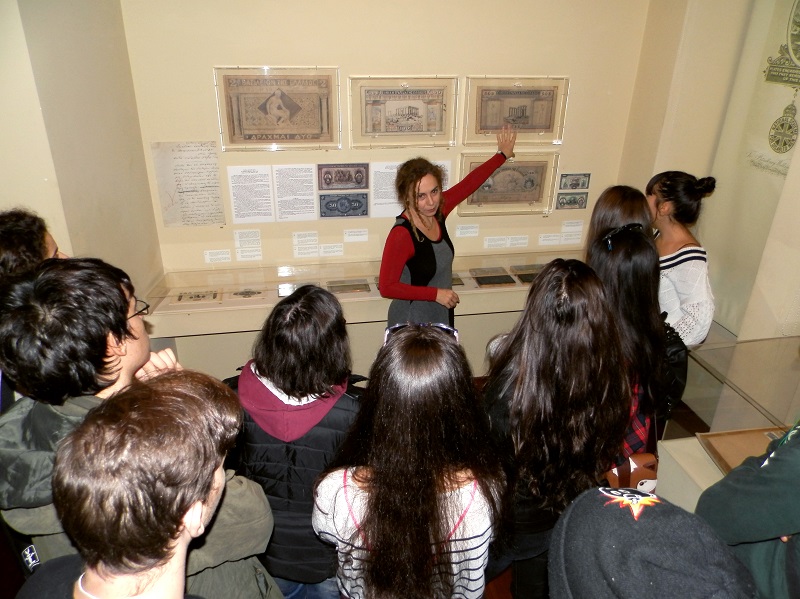
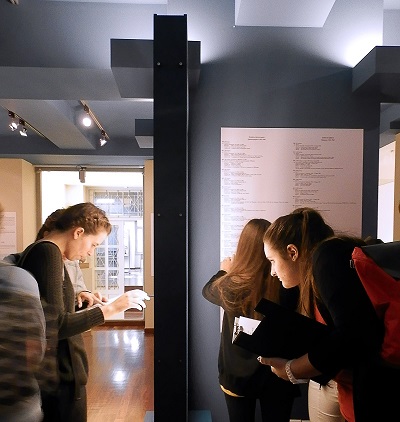
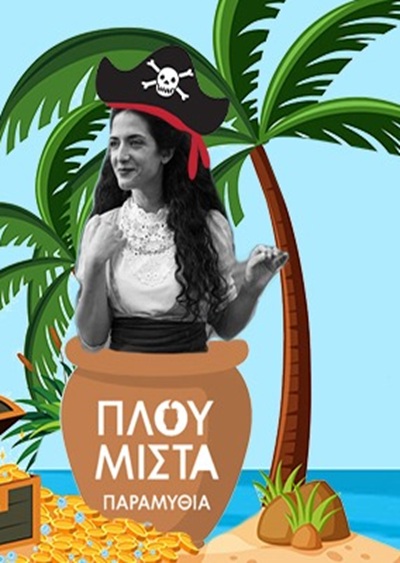

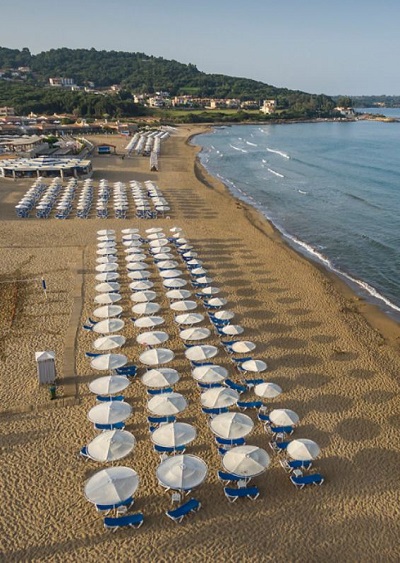
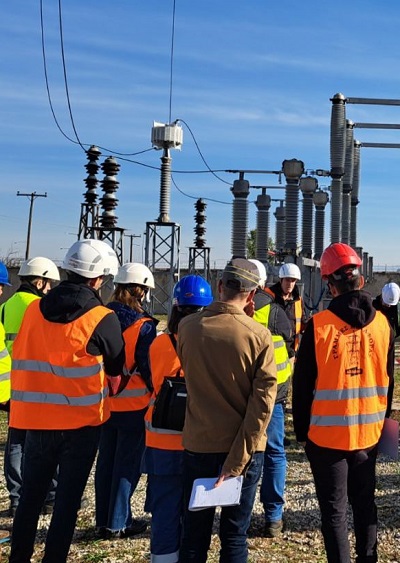


Leave A Comment